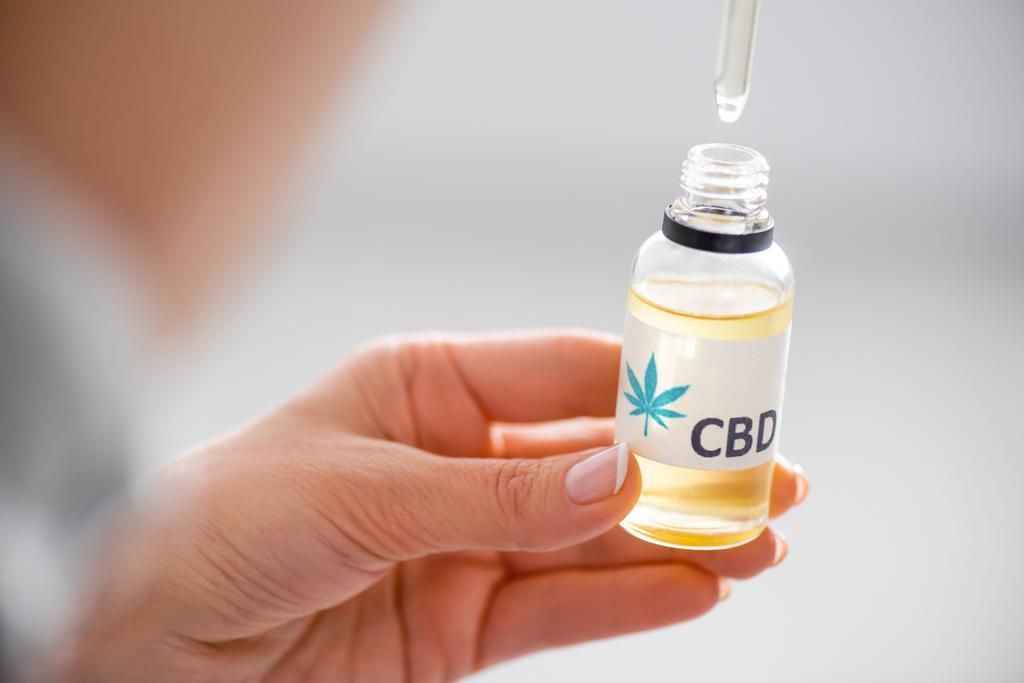The cannabis-compound cannabidiol (CBD) is a promising option for treating refractory epilepsy in pediatric patients, according to a new study.

The study, titled “Use of Cannabidiol in the Treatment of Drug-Refractory Epilepsy in Children and Young Adults: A Systematic Review”, was conducted by researchers at the Rafael Nuñez University Corporation in Colombia and published in the Journal of Neurosciences in Rural Practice. It was also epublished by the National Library of Medicine.
According to the study “Epilepsy poses a significant challenge in pediatric and adolescent populations, impacting not only seizures but also psychological and cognitive comorbidities, leading to higher mortality rates than the general population”. It notes that “Drug-refractory epilepsy, resistant to conventional treatments, affects a range of 7-20% of pediatric patients. The search for alternative therapies has led to exploring the therapeutic potential of Cannabis sativa L. compounds, particularly cannabidiol (CBD).”
The objective of this study was to “Examine the use of CBD for treating drug-refractory epilepsy in children and young adults, summarizing existing evidence on its efficacy.”
For the study a systematic review, “following Preferred Reporting Items for Systematic Reviews and Meta-analyses guidelines, assessed studies from 2018 to 2023, focusing on CBD’s efficacy and safety for treatment-resistant epilepsy in pediatric and juvenile populations.” The search spanned seven databases, and the studies underwent rigorous screening and data extraction.
Out of 6,351 identified articles, eight were selected for review.
“The included studies reported positive outcomes, with CBD leading to a reduction in seizure frequency ranging from 50% to complete seizure freedom. Adverse effects were mostly mild and reversible, including drowsiness, diarrhea, and loss of appetite” states the study.
Researchers conclude by stating:
The CBD emerges as a promising tool for refractory epilepsy in pediatric patients, showing efficacy in reducing seizure frequency and improving overall quality of life. Despite mild and reversible adverse effects, CBD’s benefits outweigh the risks. However, more research on long-term effects is needed to fully understand its implications.







